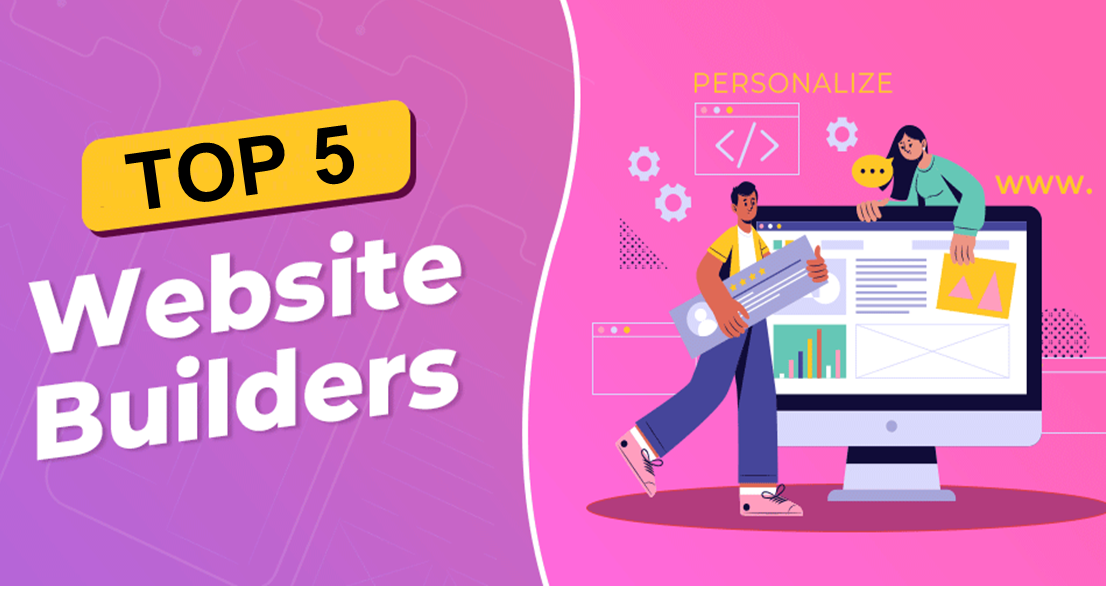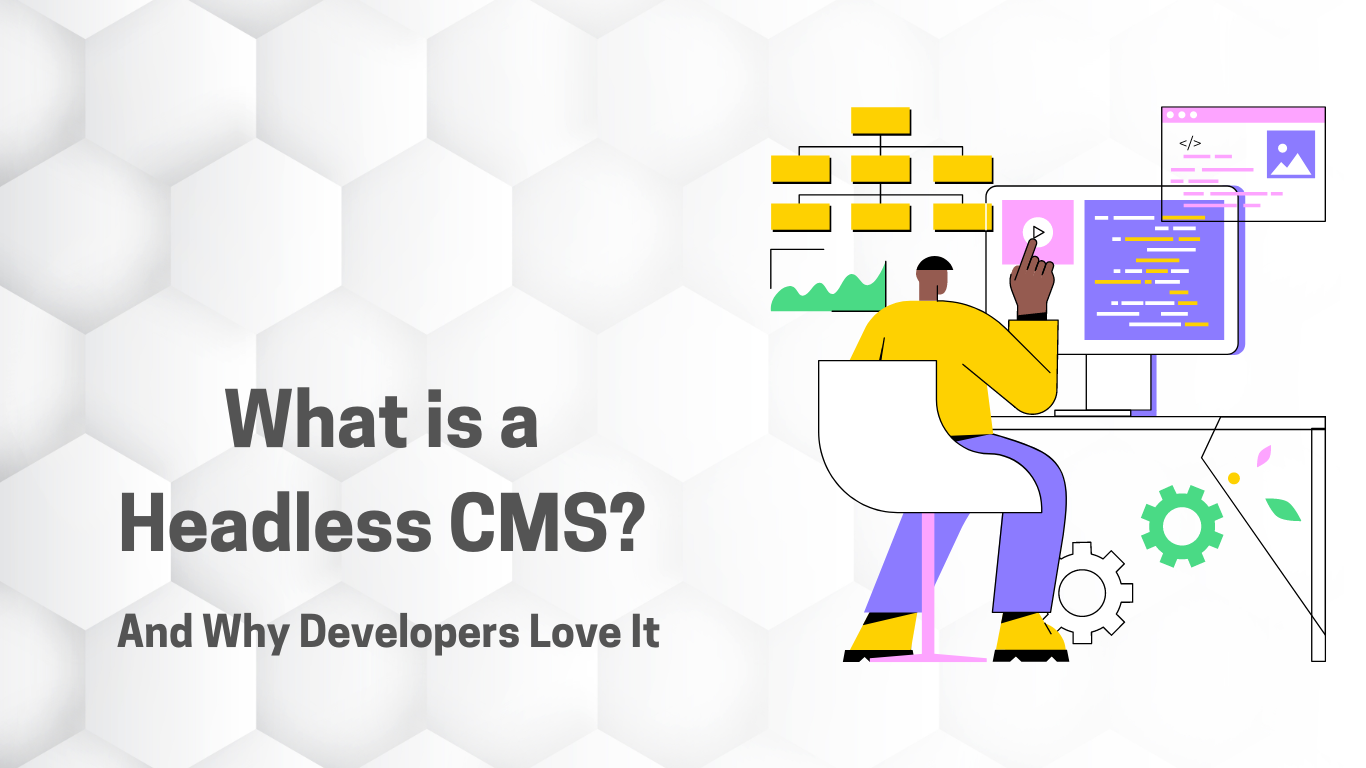ATES POST: Creating a website has never been easier, thanks to a plethora of website builders available today. These platforms offer user-friendly interfaces, a variety of templates, and powerful features to cater to diverse needs, from personal blogs to e-commerce sites. Here is a detailed look at some of the best website builders for 2024. On these website builder platform you can build website for products and services with target multiple categories. Here you can offer your services or your sell your products with offering prime day sale and all that.
1. Wix
Overview:
Wix is a highly popular website builder known for its flexibility and ease of use. It offers a drag-and-drop editor, allowing users to customize their site without any coding knowledge.

Key Features:
- Drag-and-Drop Editor: Intuitive and easy to use.
- Templates: Over 500 customizable templates.
- App Market: A wide range of apps and integrations.
- SEO Tools: Built-in SEO tools to help improve search engine rankings.
- eCommerce Capabilities: Comprehensive eCommerce features for online stores.
Pros:
- User-friendly interface.
- Extensive customization options.
- Strong customer support.
- Free Plan Available: Allows users to build and publish a website at no cost, with Wix branding.
Cons:
- Limited flexibility to switch templates once the site is live.
- The free plan includes ads on your website.
2. Squarespace
Overview: Squarespace is known for its stunning design templates and robust features, making it ideal for creatives and businesses that prioritize aesthetics.

Key Features:
- Beautiful Templates: Award-winning designs optimized for various industries.
- Built-In Analytics: Track your website’s performance.
- eCommerce: Advanced eCommerce functionalities including inventory management, tax support, and more.
- SEO Tools: Comprehensive SEO settings to enhance your site’s visibility.
- Integrated Blogging: A powerful blogging platform with customizable layouts.
Pros:
- High-quality, professionally designed templates.
- Excellent customer service.
- All-in-one platform with hosting, domain, and SSL included.
Cons:
- Slightly higher cost compared to other builders.
- Somewhat steeper learning curve for beginners.
3. Shopify
Overview: Shopify is a leading eCommerce website builder, perfect for setting up an online store. It provides a full suite of features tailored for eCommerce.

Key Features:
- Ease of Use: Simple setup and user-friendly interface.
- Payment Processing: Integrates with numerous payment gateways.
- Inventory Management: Advanced tools to manage your products.
- SEO and Marketing: Built-in SEO features and marketing tools like email campaigns.
- Mobile Optimization: All themes are mobile-responsive.
Pros:
- Excellent for eCommerce with extensive sales features.
- Scalable for growing businesses.
- 24/7 customer support.
Cons:
- Higher transaction fees unless using Shopify Payments.
- Limited customization compared to other platforms without coding knowledge.
4. WordPress.com
Overview: WordPress.com is a hosted version of the open-source WordPress software. It combines flexibility with ease of use, catering to a wide range of website needs.

Key Features:
- Customizable Themes: Hundreds of free and premium themes.
- Plugins: Access to thousands of plugins for added functionality.
- SEO Tools: Built-in and additional plugins for SEO.
- Blogging: Powerful blogging capabilities with a robust editor.
- Scalability: Suitable for both small blogs and large websites.
Pros:
- Highly customizable with numerous themes and plugins.
- Strong community support.
- Free plan available.
Cons:
- Some features require a premium plan.
- Limited compared to self-hosted WordPress.org.
5. Weebly
Overview: Weebly offers a balance between ease of use and flexibility, making it a great choice for small businesses and personal websites.

Key Features:
- Drag-and-Drop Builder: Simple and intuitive interface.
- eCommerce: Solid eCommerce features including payment options and inventory management.
- SEO Tools: Basic SEO settings to help improve site visibility.
- Mobile App: Manage your site on the go.
- App Center: Extend your site’s functionality with various apps.
Pros:
- Very user-friendly, ideal for beginners.
- Affordable pricing plans.
- Good customer support.
Cons:
- Limited design flexibility compared to competitors.
- Weebly branding on free plan.
Conclusion
Choosing the right website builder depends on your specific needs and goals. Wix and Squarespace offer fantastic design and user-friendliness, making them ideal for creatives and businesses. Shopify stands out for eCommerce, while WordPress.com provides flexibility and scalability. Weebly offers a great balance of ease of use and functionality, perfect for beginners and small businesses.
By considering these options and their unique features, you can find the best website builder to create a professional, effective online presence that meets your needs. You can find all the steps on the ATES YouTube Channel










